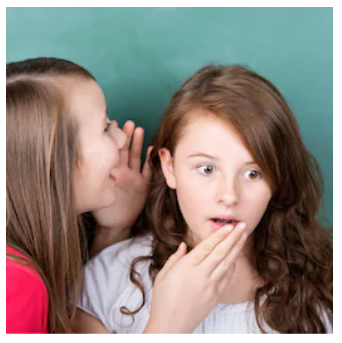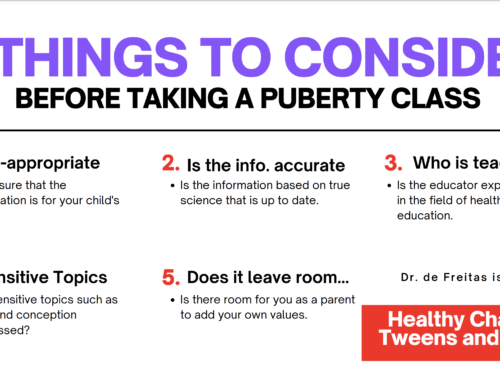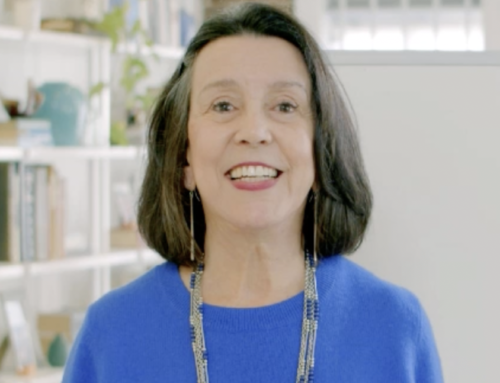
Secret vs Private
How to Explain Privacy vs Secrecy to Children
Privacy vs secrecy in children is an important distinction to help children understand. When talking to children about sexuality, secrecy and privacy take on a new meaning. Young children are not able to comprehend the subtle distinctions between these two terms. Therefore parents should be very explicit when attempting to differentiate between privacy and secrecy.
Private body parts is a phrase that children can learn to use when talking about their genitals. Many preschoolers will repeat these words very comfortably without feeling the embarrassment that older children do. So an important issue for parents is how to keep the level of embarrassment low enough as their children grow older that neither they nor the children are I’m willing to seek information when they need it. I believe the key lies in understanding the difference between privacy and secrecy and realizing the empowerment that comes with knowledge. Don’t be embarrassed by knowledge.
What is a SECRET?
Let’s take the word Secret. Move children giggle at the use of this word and have a clear idea of the meaning of a sacred and what it means to keep a secret. A secret is something that only a few people know and it should not be shared with anyone else. Obviously if one shares a secret it is no longer a secret. It loses its value if everyone knows about it. So a secret is something that not everyone is allowed to know and one is not supposed to tell.
What about Private?
Private information on the other hand is information that is allowed to be known but not necessarily shared. For instance, all families have private matters. We know that about each other’s families and they know that about us. The main distinction between private and secret is that private means limited access even though all families have private matters we don’t share them with other families. We make choices to keep things private for good reasons. Access to these matters is limited to family members. Similarly, everybody has private body parts but we have access only to our own and not someone else’s. We cannot touch someone else’s private parts unless we are given permission.
For young children talking about privacy when using the bathroom may be easier to understand everyone knows that we all have to use the bathroom. This is information is not a secret but it is definitely private how does it have limited access we close the doors when we use the bathroom in addition no one laughs or makes fun of someone who is going to the bathroom because it is something that everyone does it’s not a secret we’ll use the door to limit others access.
Many children and preteens giggle and are embarrassed when they talk about issues of sexuality. Perhaps the discomfort is because they feel sexuality is a secret. But we parents can clarify that everyone is a sexual being even members of the opposite sex and so knowing about sexuality is never something to be embarrassed about. Knowledge helps everyone understand each other better and may help take away some of the embarrassment again never be embarrassed by knowledge.
A final thought about secrecy and privacy has to do with learning. Parents are children’s most important teachers. We understand that learning about this topic is vastly important to our youngster’s future health and happiness but often we set about sharing information about this topic and we feel nervous and embarrassed. We giggle! Our kids giggle! We shuffle, look over the shoulder. They do the same. Finally, we see the humor in the situation and we laugh together. We are all okay. Giggling, embarrassment, and humor, are just the accompaniment to the melody that sings the private truth about sexuality. Enjoy!




